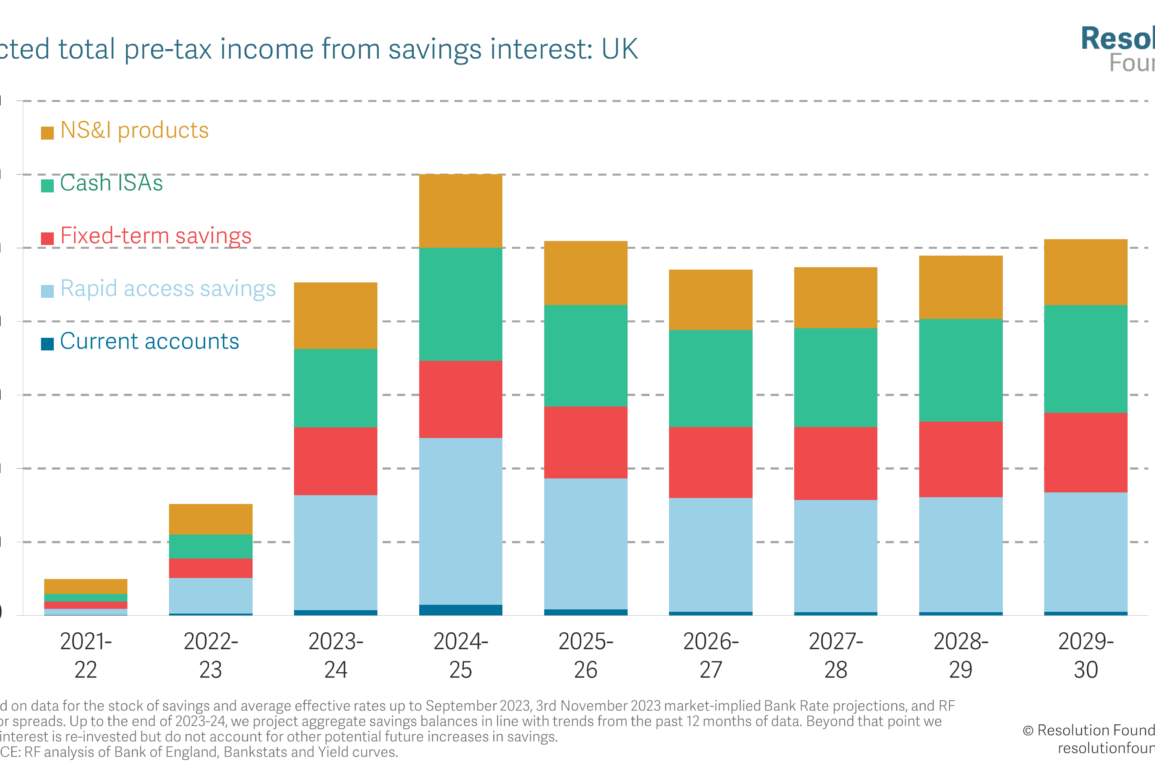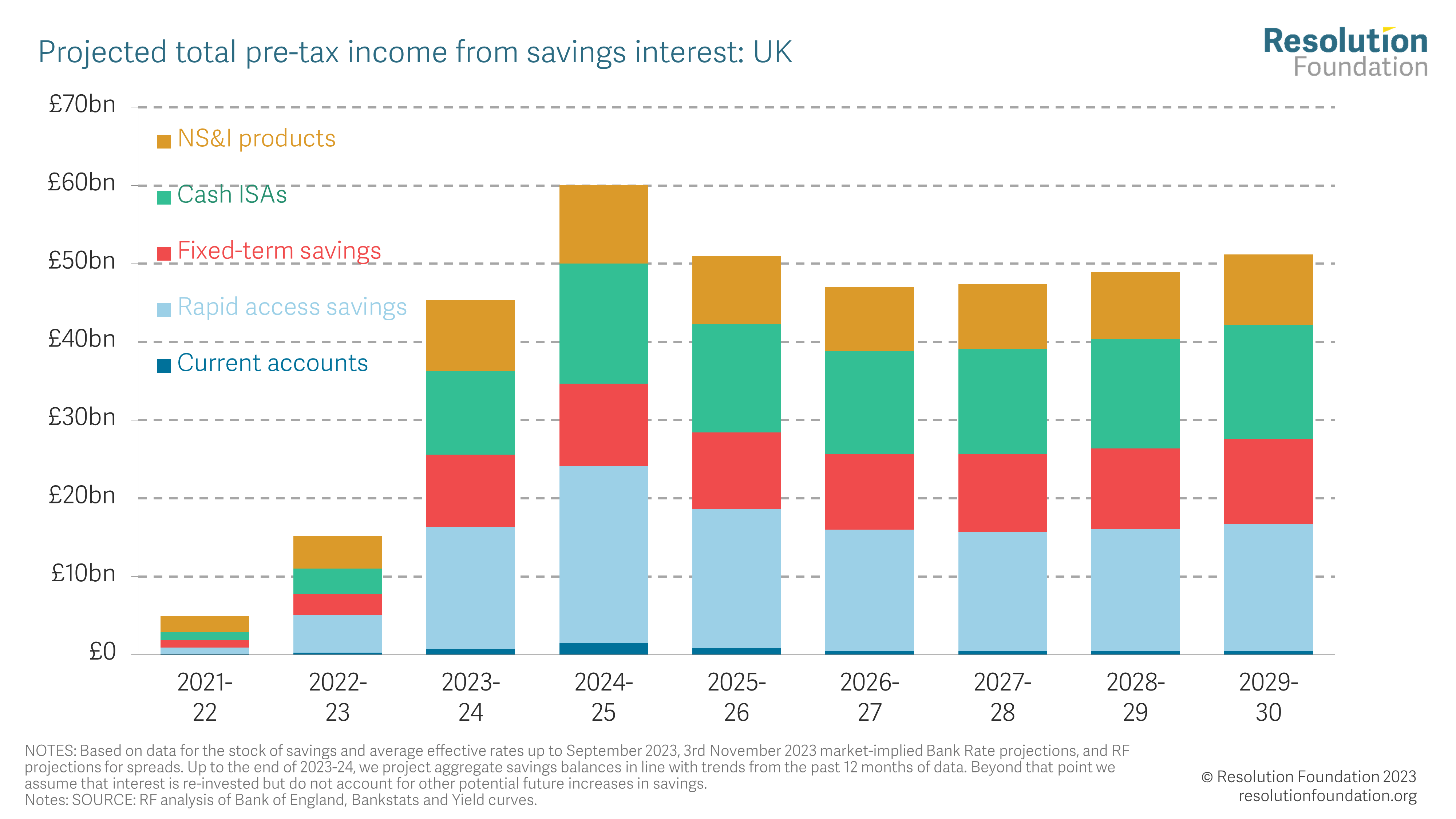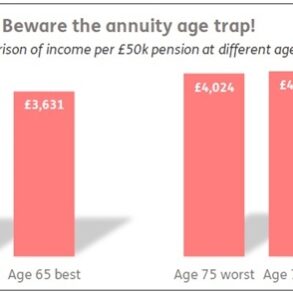| Debt dangers. When the facts change we’re meant to change our mind. Olivier Blanchard has. The ex-IMF Chief Economist has been the main proponent in recent years of the idea that we could all chillax on public debt. We covered his 2019 Presidential Address to the American Economic Association at the time, and that morphed into a book (Fiscal Policy Under Low Interest Rates) that emerged in… 2023, just in time for interest rates to very much not be low. So now we get a new blog, basically saying that if interest rates stay where markets currently expect then you can forget the cosy ‘debt isn’t a big problem’ message. He’s right. We have to now plan on a world where interest rates and growth are roughly the same, rather than rates being non-existent, which means tighter fiscal policy is required to prevent debt rising. Being a finance minister has got a lot harder…
Cuts coming. That brings me to… spending cuts. They’re taking place for most public services right now (thanks to high inflation) with more pencilled in for after the election for many departments (see our Autumn Statement preview). Personally, these look totally undeliverable given the state of those services, but the more troubling debt dynamics mean the trade-offs here are hard – taxes are already up over 4 per cent of GDP. Reinforcing the risks of getting this wrong is research warning that big spending cuts drive a turn towards the political extremes. Looking across eight European countries over 35 years it finds a 1 per cent decrease in regional public spending increases the vote share of extremist parties by 3 per cent – via their vote increasing and turnout overall falling. There are tough decisions ahead, but the consequences of getting them wrong are very high. Governing, despite appearances this week, brings with it big responsibilities.
Cornish cynics. Policy world is all very pro-devolution these days. Especially talking about it. Doing it is harder. Firstly, that’s because at some point we’ll have to get to the actually important but hardest bit – fiscal devolution (see a new paper from the Centre for Cities on what that might involve). But national government isn’t the only block – sometimes the locals just don’t want it. A blog from Reform examines the Cornish case, where residents have said thanks but no thanks, rejecting a devolution deal because it would have meant accepting a directly elected mayor (even though that meant not getting a £360 million mayoral investment fund). Why have they thrown the baby mayor out with the bathwater millions? The blog talks about residents’ concerns that a single individual would be incapable of representing the diverse/conflicting interests of different parts of Cornwall. Politicians can never be local enough…But there is something quite telling: all of the people quoted as being opposed to a mayor are… other local politicians. I’m sure there are challenges with a mayoral model in rural areas, but the fact that not all existing politicians want change isn’t it.
Weighing wealth. We are always reminding you that wealth matters. But it can be difficult to think through how we interpret wealth data. A short(ish) new paper adds value using (ridiculously good) Norwegian administrative data to create a new measure dubbed “lifetime resources” (LR), that brings together wealth held in 1994 with all income (and capital gains/inheritances) since. This is a useful way of thinking about total potential consumption over long time periods and is generally more equal than wealth (unsurprisingly given income is less unequal than wealth). If you look at one thing make it figure 4. The authors use this chart to say it’s a big deal that that most LR comes from labour income (except for the top 1 per cent), but my interpretation would be different: the fact that a majority of LR comes from labour income is obvious, but the real big deal is that capital gains make a huge difference to lifetime resources for the middle and top of the income distribution (mainly via housing for middle and massive gains on financial assets for the very top). More generally the paper does a good job of showing the very top are living on a different (capital income/gains funded) planet from the rest of us.
Boring Britain. Are you getting boring? Collectively we are, alleges the latest ONS Time Use survey that finds we’re socialising less and sleeping more. Specifically, we are spending 38 minutes less on average a day on entertainment, socialising, and other free time activities compared to in October 2020. Meanwhile, we are sleeping or resting 16 minutes a day more on average. Christmas season is coming up people. Sort yourselves out.
|










